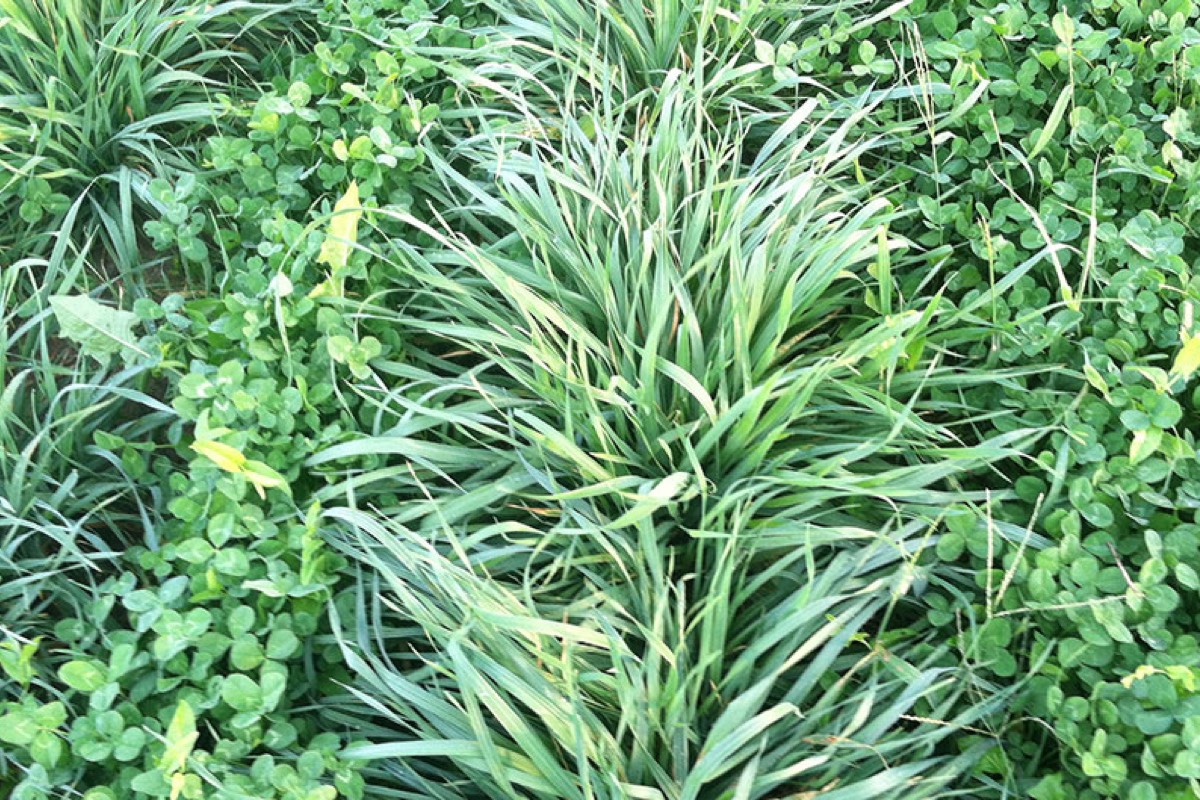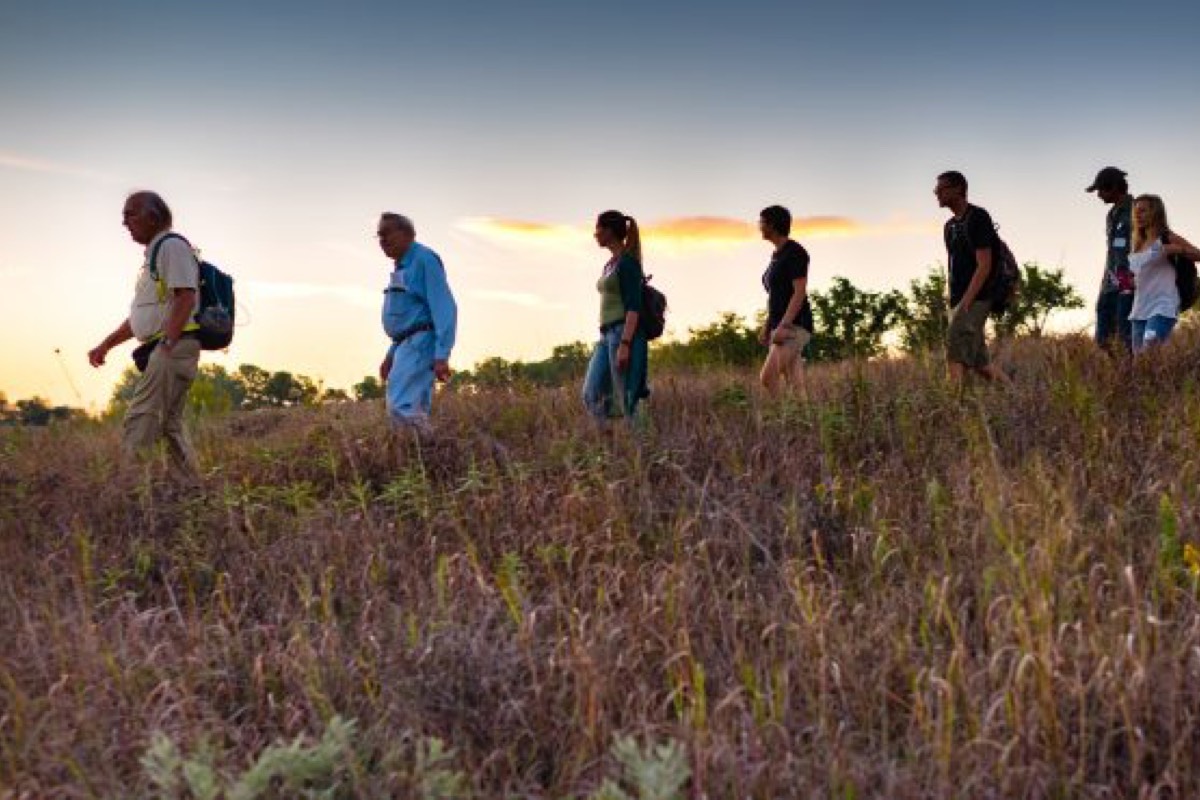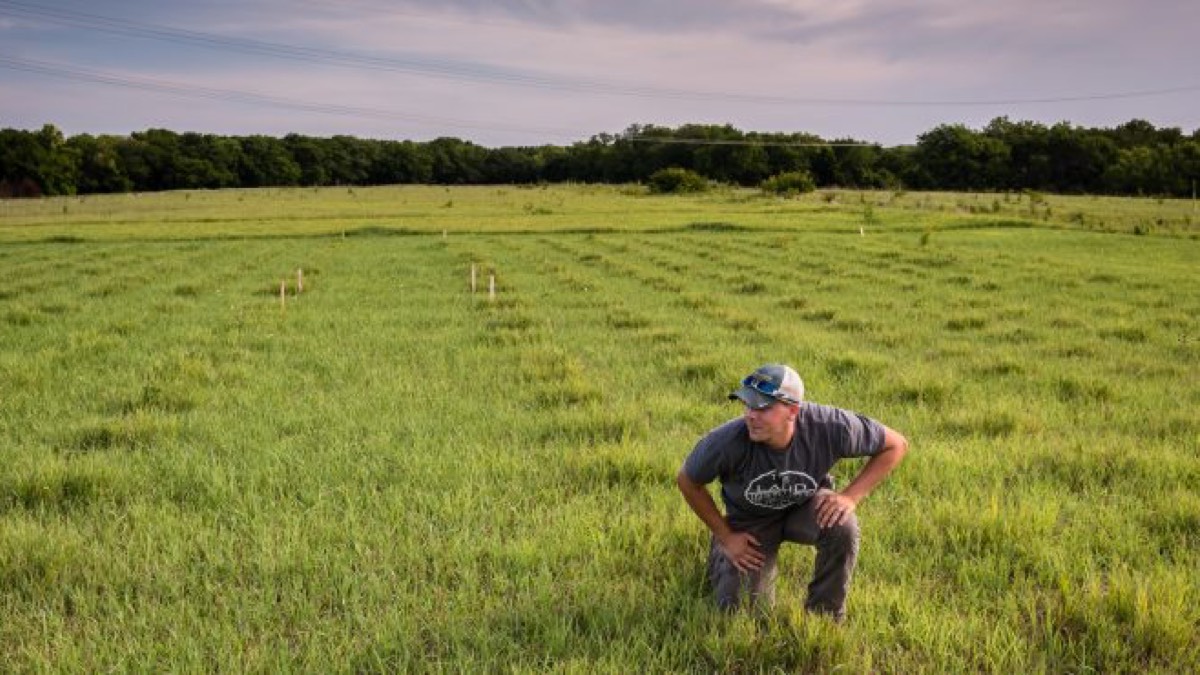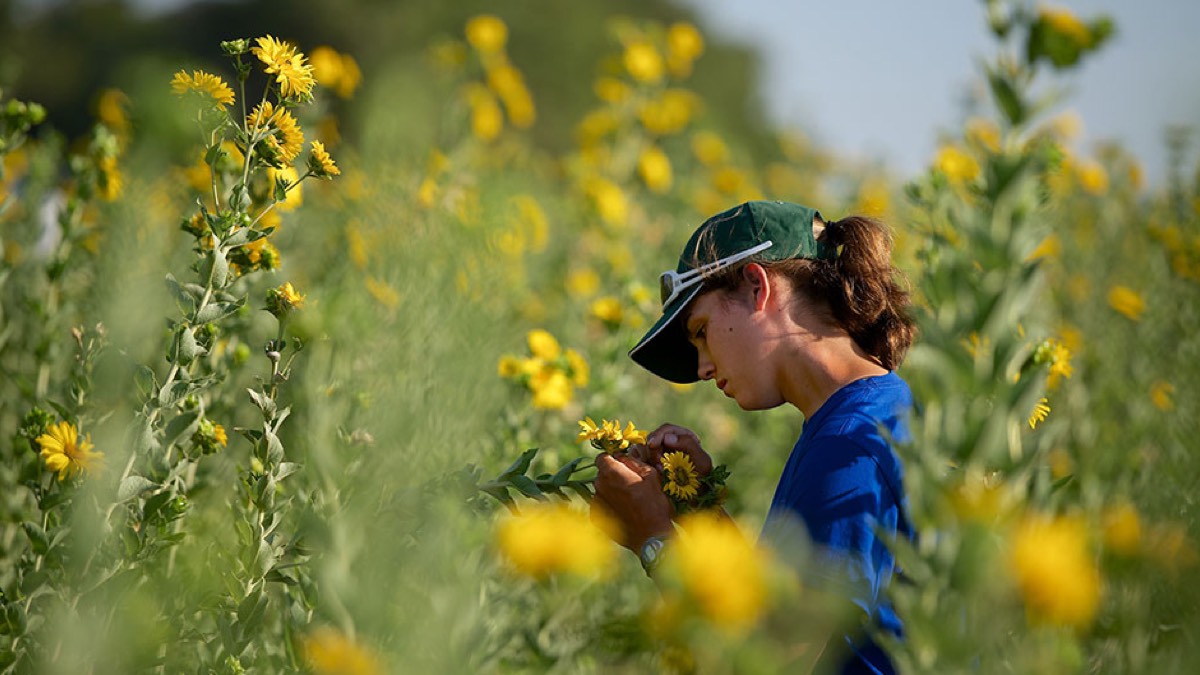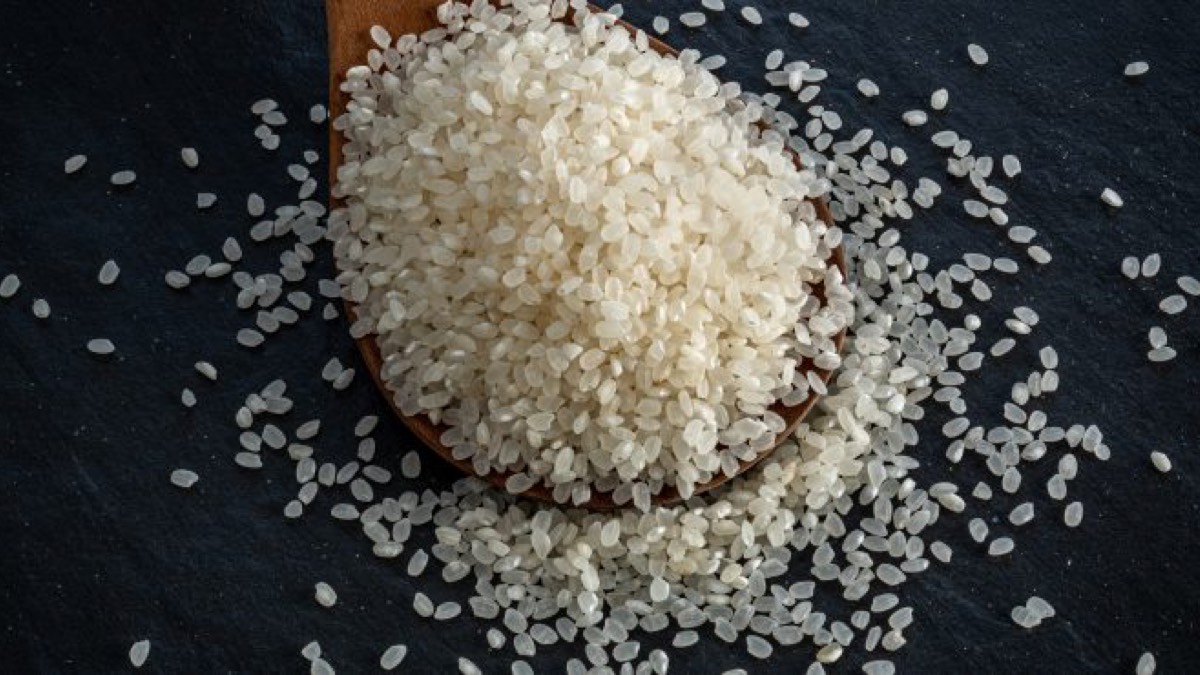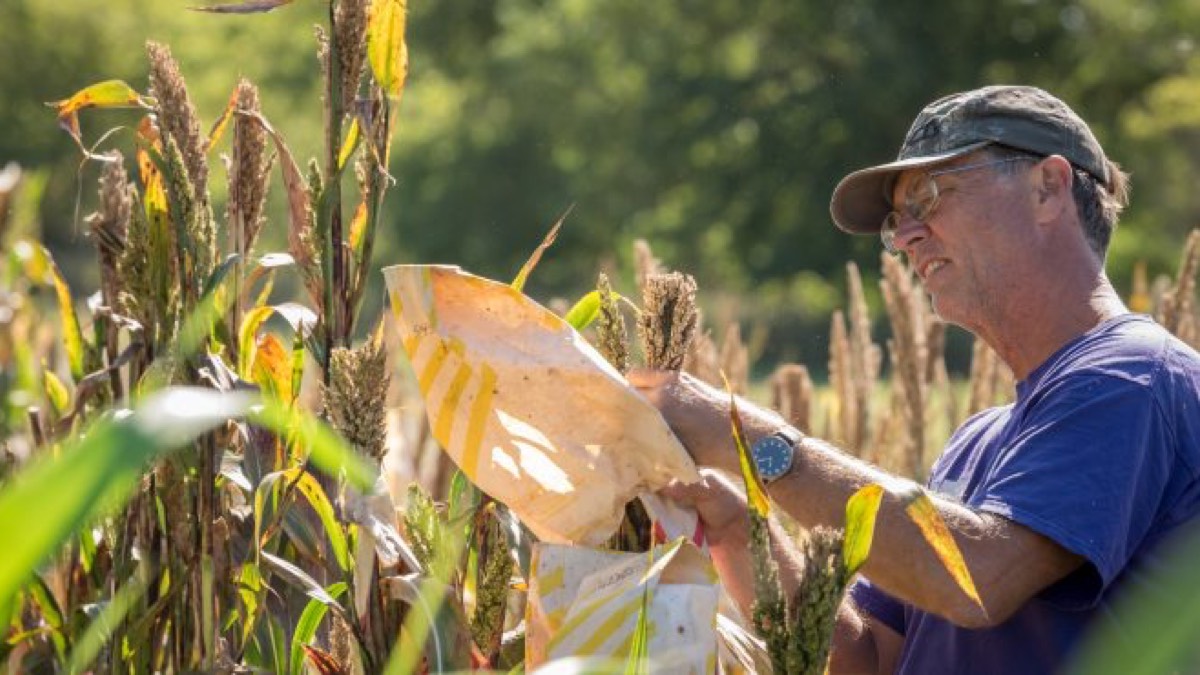Beyond the monoculture: crop diversity
Harnessing ecological processes to supplant the need for inputs like fertilizers and pesticides can maintain food production while reducing the environmental impacts of agriculture. Using models of naturally occurring plant communities, Land Institute researchers aim to achieve new levels of ecological intensification with intercropping. Kernza®, for example, is already being intersown with legume species both on research stations and farms.
